Which of the following is least reactive towards nucleo- philic substitution?
Alkyl halide
Allyl halide
Vinyl chloride
Methyl chloride
The correct Answer is:C
To determine which compound is least reactive towards nucleophilic substitution, we need to analyze the stability of the carbocations formed during the reaction. The reactivity in nucleophilic substitution, particularly in the SN1 mechanism, is directly related to the stability of the carbocation intermediate.
1. Understanding Nucleophilic Substitution Mechanism:
- Nucleophilic substitution can occur through two main mechanisms: SN1 (unimolecular) and SN2 (bimolecular).
- In SN1, the reaction proceeds via the formation of a carbocation intermediate.
2. Identifying the Rate-Determining Step:
- The first step of the SN1 mechanism is the formation of the carbocation, which is the slow, rate-determining step.
- The stability of the carbocation formed will influence the rate of the reaction.
3. Evaluating Carbocation Stability:
- Carbocation stability increases in the following order:
- Primary (1°) < Secondary (2°) < Tertiary (3°) < Benzylic < Allylic.
- Benzylic carbocations are particularly stable due to resonance stabilization.
- Allylic carbocations are also stable but less so than benzylic ones.
4. Analyzing the Given Options:
- The options provided include:
- Alkyl Halide
- Allylic Halide
- Vinyl Halide
- Methyl Chloride
- We need to assess the stability of the carbocations that would form from these halides.
5. Determining the Least Reactive Compound:
- Alkyl Halide: Can form primary, secondary, or tertiary carbocations depending on the structure.
- Allylic Halide: Forms an allylic carbocation, which is relatively stable due to resonance.
- Vinyl Halide: Forms a vinylic carbocation, which is the least stable due to being on an sp2 hybridized carbon and experiencing a minus inductive effect.
- Methyl Chloride: Forms a primary carbocation, which is less stable than secondary or tertiary but more stable than a vinylic carbocation.
6. Conclusion:
- The vinylic carbocation is the least stable among the options, making vinyl halides the least reactive towards nucleophilic substitution.
- Therefore, the correct answer is Vinyl Halide (option C).
- Nucleophilic substitution can occur through two main mechanisms: SN1 (unimolecular) and SN2 (bimolecular).
- In SN1, the reaction proceeds via the formation of a carbocation intermediate.
- The first step of the SN1 mechanism is the formation of the carbocation, which is the slow, rate-determining step.
- The stability of the carbocation formed will influence the rate of the reaction.
- Carbocation stability increases in the following order:
- Primary (1°) < Secondary (2°) < Tertiary (3°) < Benzylic < Allylic.
- Benzylic carbocations are particularly stable due to resonance stabilization.
- Allylic carbocations are also stable but less so than benzylic ones.
- The options provided include:
- Alkyl Halide
- Allylic Halide
- Vinyl Halide
- Methyl Chloride
- We need to assess the stability of the carbocations that would form from these halides.
- Alkyl Halide: Can form primary, secondary, or tertiary carbocations depending on the structure.
- Allylic Halide: Forms an allylic carbocation, which is relatively stable due to resonance.
- Vinyl Halide: Forms a vinylic carbocation, which is the least stable due to being on an sp2 hybridized carbon and experiencing a minus inductive effect.
- Methyl Chloride: Forms a primary carbocation, which is less stable than secondary or tertiary but more stable than a vinylic carbocation.
- The vinylic carbocation is the least stable among the options, making vinyl halides the least reactive towards nucleophilic substitution.
- Therefore, the correct answer is Vinyl Halide (option C).
Similar Questions
Knowledge Check
Which of the following is least reactive towards nucleophilic substitution?
A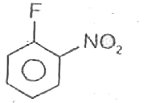 B
B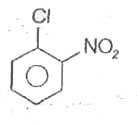 C
C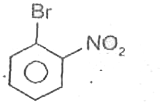 D
D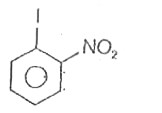
Which of the following is least reactive towards nucleophilic substitution with aqueous KOH
A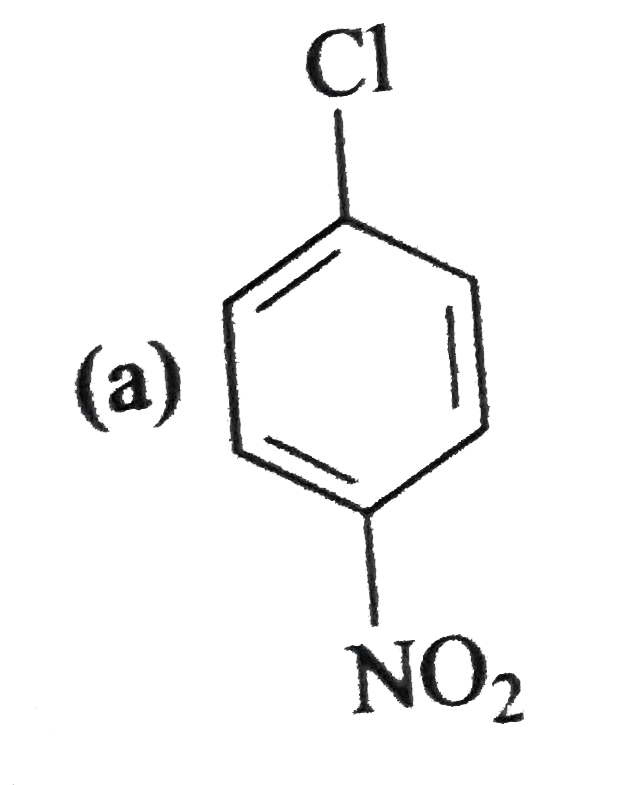 B
B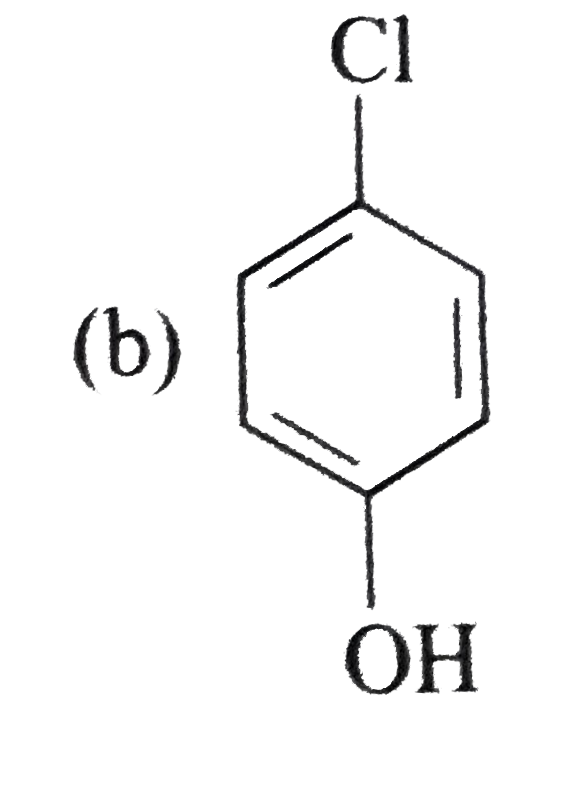 C
C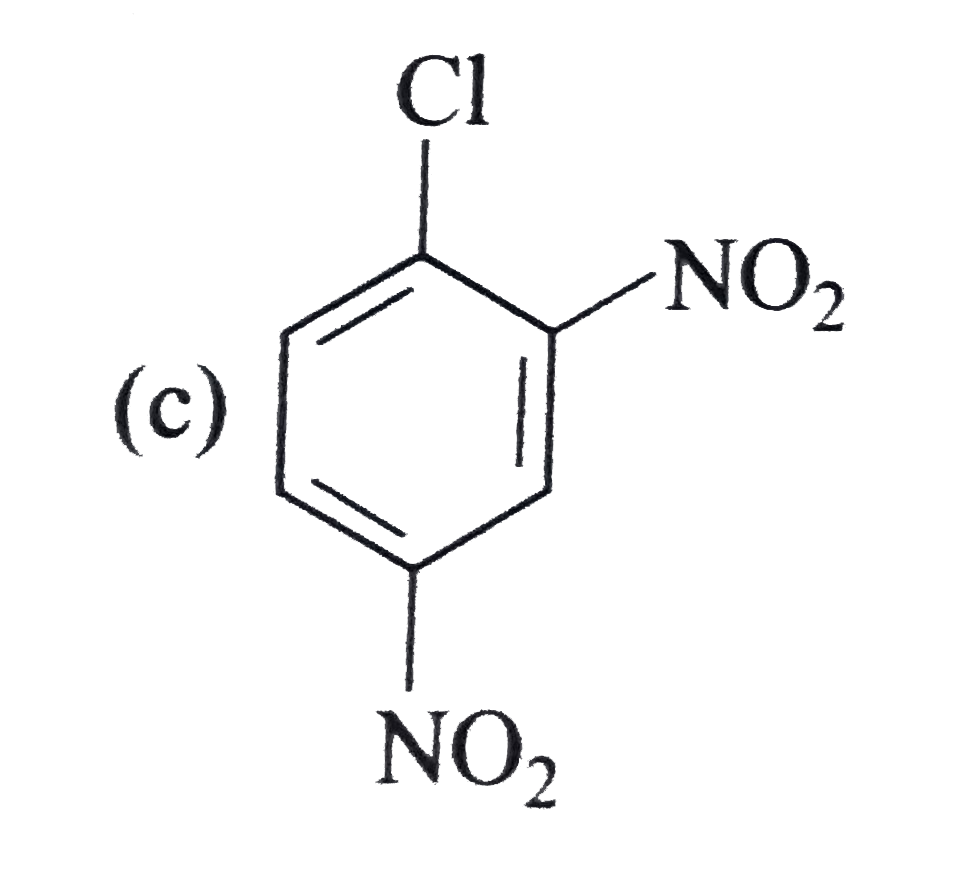 D
D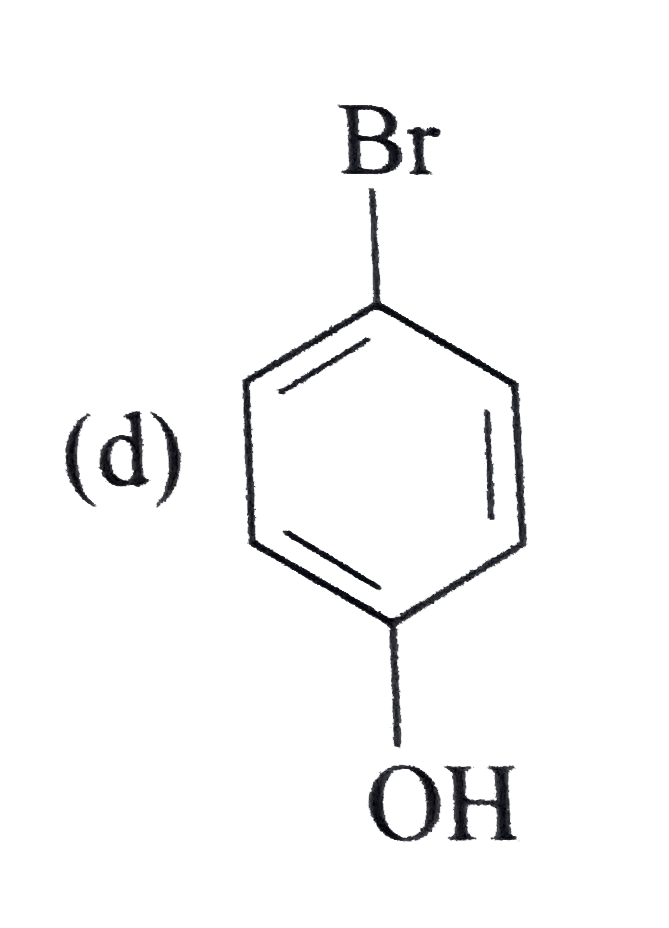
Which of the following is the most reactive towards nucleophilic substitution reaction ?
ACH2=CH−ClBC6H5ClCCH3CH=CHClDClCH2−CH=CH2
Which of the following is the most reactive towards nucleophilic substitution reaction?
View SolutionWhich of the following is most reactive toward nucleophilic substitution reaction ?
View SolutionWhich of the following is most reactive towards nucleophilic substitution reaction?
View SolutionWhich one of the following is most reactive towards nucleophilic substitution reaction ?
View SolutionWhich of the following is the least reactive towards nucleophile?
View Solution


